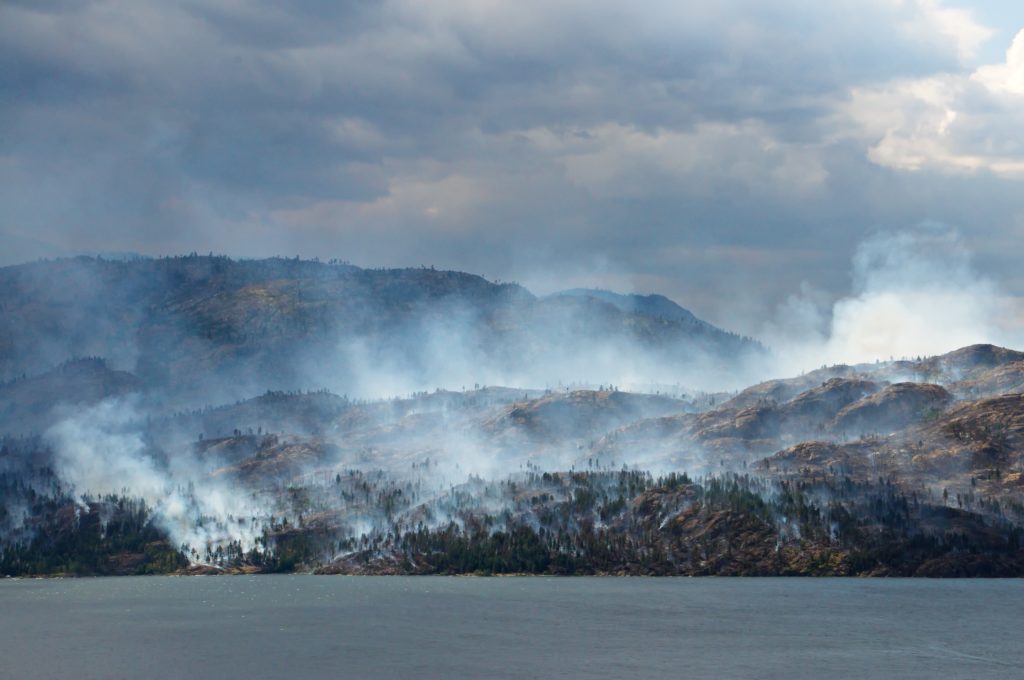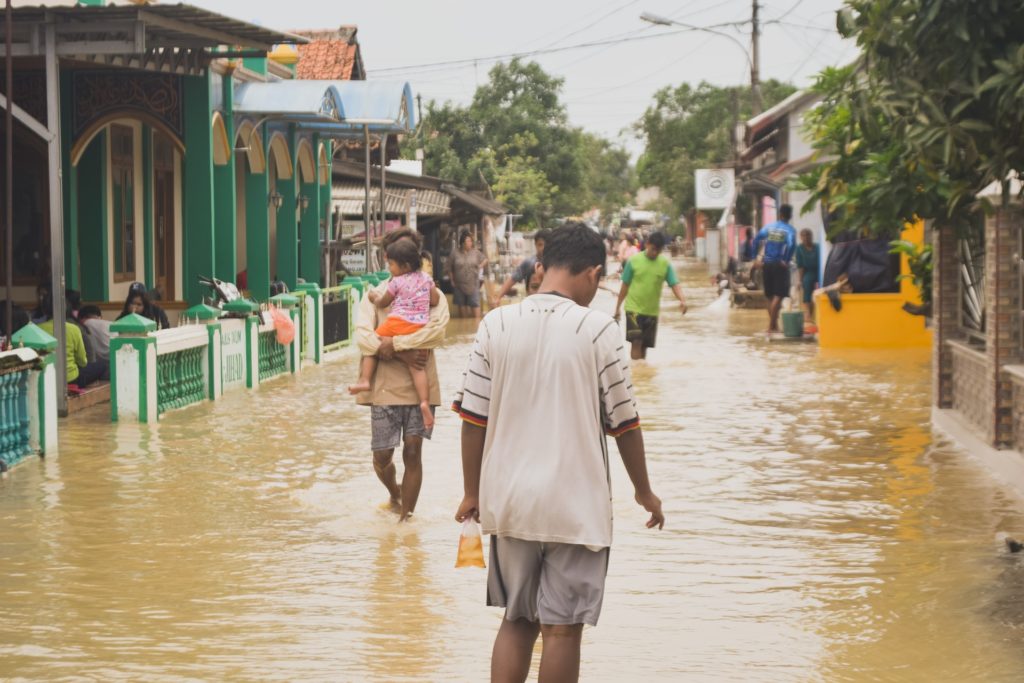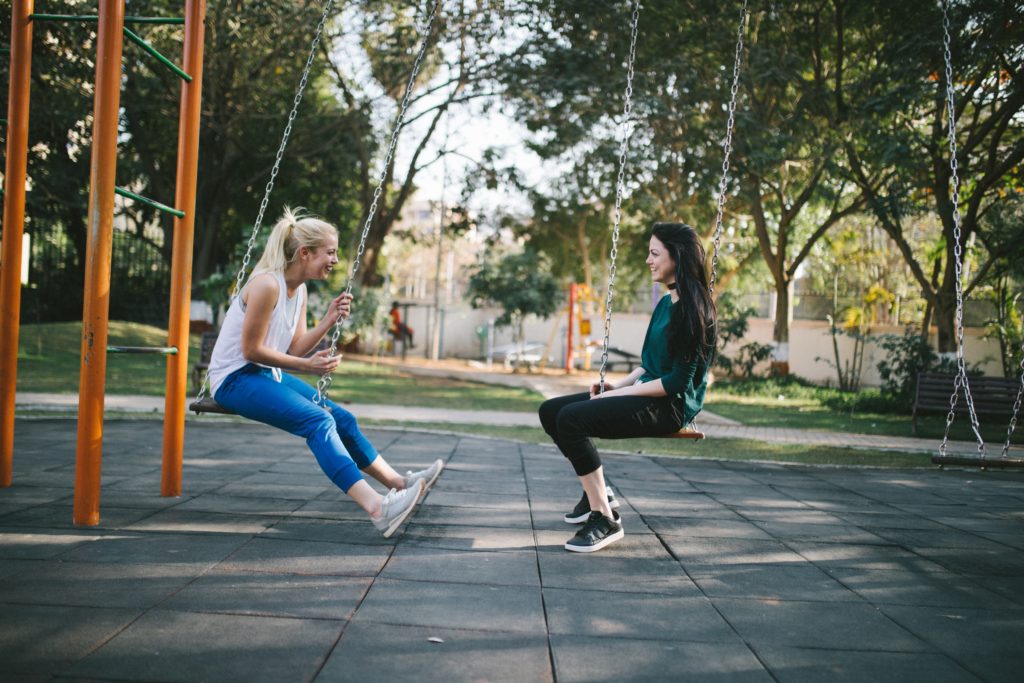
We don’t talk to each other about Climate Change!
Why not, I wonder?
We Live in a Changing World
We are faced on a daily basis by the perils of Climate Change. It is clear that most of us worry about it. We also worry about the future for our children. Yet most of us don’t talk about it and many of us do very little. Why not?
It is clear that humanity is responsible for this situation
Our lifestyle of acquisition and consumption through the use of fossil fuels is obviously to blame.
Yet we rarely talk to each other about it
There is a committed and energetic group of activists worldwide which is very visible. Hundreds of scientists have been desperately trying to get through to us for years. There are some politicians that care and try to bring about change, and there are also journalists with integrity who do their best to bring us the truth.
And of course there are the “bad guys”: the climate deniers and those who benefit from the status quo who seem happy just to talk about the situation.
In between millions of us are strangely quiet about the state of affairs.

A Spiral of Silence on Climate Action
Research Polls show there is a large percentage of people unwilling to take action on the climate. (Many are concerned but don’t take action.) This is in spite of the increasingly bad news about the effect of climate change on all living creatures on our planet.
As an example this report shows that more Americans are becoming concerned about climate change. Yet many Americans rarely talk about it or hear others mention it, both in the media and in everyday conversations. This leads to a “climate spiral of silence,” where “even people who care about the issue shy away from discussing it because they so infrequently hear other people talking about it—reinforcing the spiral.”
Even when Americans talk about climate change, they often fail to discuss it in depth, or with complete candour.
While the silence on climate is perhaps more marked in America it is still very prevalent in the rest of the developed world. The press, except for the valiant few, have little to say about the urgent problems facing the world. News teams on TV seem to have lots to say on short-term, often trivial issues, but very little about the emergency that is facing us.
People, it seems, just don’t talk about these issues.
Why is this important?
One of the most important actions people can take to address global warming is to talk about it, says Dr. Katharine Hayhoe, climate scientist and Chief Scientist at The Nature Conservancy. According to Dr. Hayhoe, positive conversations about the climate can help people connect over shared values including family, community, health, and religion. In turn, this can help people think more deeply about how a changing climate affects who and what they care about, and support changes in beliefs and attitudes about global warming. (See the full article here.)
The more we inform and involve other people the more they can take action.
Many of my other Blogs (e.g. Optimism and Action or Active Hope) show the power we have as individuals to fight against the problems facing us. We have financial power, buying power and the power of our vote. We also have considerable power to become involved in active communities.
For me, right now what is vital is our ability to hold our governments to task.
They have made many promises about change and creating “green economies”. Governments are not keeping these agreements and we need a vast movement of people to persuade them to act as if they care about the future of our children and grandchildren.
Useful Conversations

Why do we not talk about Climate Change?
There are many reasons why ordinary people do not talk about Climate Change or, indeed go on to take action. For example:
- Guilt about their lifestyles
- Lack of belief in manmade Climate Change
- Leaving it up to other people to take action
- Feeling overwhelmed by the situation
- Feeling that as an individual they can do nothing: the problem is too big
- Their own lives are too difficult.
How can we help people talk about the climate?
1 Tell others how we are taking action
It seems that the best predictor of climate action is whether a person believes that other people are already taking action. It turns out this understanding that others are doing something matters even more than our own belief that we should take action. We need to normalize climate action and make the movement to new norms more apparent. (See further detail here.)
Behavioral science research shows that people change when they see those around them change and sense a shift in social norms. We adjust our individual behaviors to align with how other people think and act.
2 Help people see that we all have a contribution to make
Albert Bandura wrote an article on Self-Efficacy: The Exercise of Control which has obvious applicability to the climate crisis. His key insight is that “unless they are externally coerced, [people] avoid transactions with those aspects of their environment that they perceive exceed their coping abilities.” The key word is “perceive.” It is not just people’s abilities that affect their performance in life, but also their perception of their abilities—their belief that addressing an issue is within their individual and collective capabilities.
3 Start conversations of our own with friends and family
This feels difficult at first but gets easier with practice. Start small and do what works for you. Do it one-to-one or have a coffee morning.
4 Believe you can make a difference.
Please start your climate conversations today. It will help you feel different too.
To subscribe to my blog, please use the form on the Home page.
(Photographs above are all on Unsplash: 1. by kerry rawlinson, 2. by Misbahul Aulia, 3. by Bewakoof.com Official

Good article – lots to think about and some useful suggestions.
I suspect the reason most of us shy away from talking about the Climate emergency is not because we feel helpless – we know how to help: here is plenty of guidance out there about how we can personally help (cut down (or better cut out) meat and dairy, travel less, read more, campaign louder, write letters etc.) – the problem is these are uncomfortable to hear, because they require us to change – so maybe we’re waiting for less inconvenient ways to play our part.
Thank you for your comments Henry. I appreciate it. I wonder though
if you are coming from the point of view of an already committed
person who knows they should be doing something. I feel, based on a bit
of research that there are still many who haven’t yet got there.
Your point about the uncomfortableness of change is very valid!
Climate change is certainly the elephant in the room that nobody wants to talk about.
For me it’s a case of friends finding the whole topic depressing and a perception that talking about spoils the mood, especially as there’s so much bad stuff going on anyway.
The message of ‘less is more’ goes against our consumer society goals and I think this lies at the heart of the problem. Until we see a fundamental change in the priorities of the financial system the true needs of the environment will never be put first. We’ll just be tinkering around the edges.
More than ever we need to demand a new system with better use of dwindling resources and the foundation of a genuine resilience against the changes we are seeing in our climate and natural world.
Hi Debbie, thanks for your comments. Yes you are right about the elephant
in the room. I can’t wait to tell you about my recent Guardian Masterclass
about Climate Change and how to talk about it.
I am planning (actually I am a bit terrified but am going to do it anyway!)
to run some (well one for now as a pilot) workshops about why we don’t talk about CC.
I will do it in English. I am hoping that I will get a good idea of how people are feeling
about talking. Looking at some of the research I think it is so important that
we talk about it, otherwise how can people change if they don’t know what is happening.
You are absolutely right about Capitalism. It is so destructive.
I have been learning about ecological economics and degrowth etc. All very exciting!
Hope all is well with you.
Doreen x